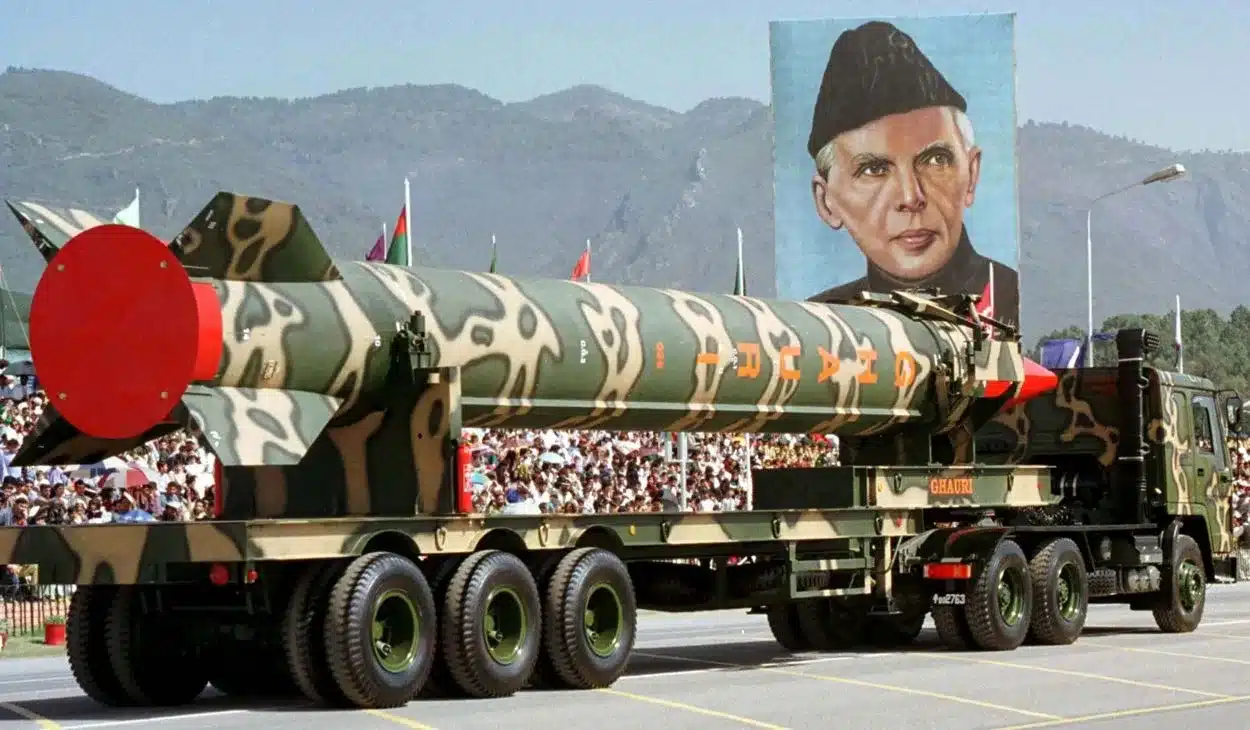Pakistan has achieved an impressive rank, surpassing India, Iran, and North Korea in its adept management of hazardous materials, as highlighted by an international report examining the status of global nuclear security. Notably, Pakistan has gained three additional points since the previous evaluation.
According to foreign media reports, Pakistan stands nineteenth out of twenty-two nations. The Nuclear Threat Initiative (NTI), a non-profit organization based in Washington, D.C., performs the evaluation. The NTI meticulously documents how countries manage nuclear material through its Nuclear Security Index (NSI).
Evaluating Nuclear Security: Pakistan’s Performance
The NSI evaluates the nuclear security performance of nations based on a range of criteria. These include the security of nuclear materials and facilities, the adherence to international norms and treaties, the regulatory framework for nuclear security, and adopting best practices to prevent unauthorized access to nuclear weapons or materials.
Pakistan’s score of 49 on the NTI index is commendable, outpacing India’s 40, Iran’s 29, and North Korea’s 18. Pakistan ranks 32nd among 47 nations in nuclear facility security, sharing the position with Russia and Israel. This ranking is above India, Iran, Mexico, and South Africa.
However, the index also raises significant concerns about the overall decline in global nuclear security. The NTI’s Nuclear Security Index reported for the first time in 2023 that nuclear security conditions are deteriorating across countries and regions with nuclear materials and nuclear facilities.
The report also highlighted that several countries, including Pakistan, are expanding their stockpiles of weapon-grade materials.
According to the report, eight countries — France, India, Iran, Israel, North Korea, Pakistan, the U.K., and Russia have seen an increase in their stocks of weapons-usable nuclear materials, sometimes by thousands of kilograms per year.
This is a worrying trend as it undermines minimization and elimination efforts and increases the theft risk. In addition, the report stated that “Countries are also reneging on their commitments to confidence-building and information sharing, which have been key drivers of progress during the period of the Nuclear Security Summits.”
The latest NTI index assessed the security of highly enriched uranium and plutonium against theft and the security of nuclear facilities against sabotage. If these materials are stolen, they can be used to build a nuclear bomb. Additionally, the sabotage of a nuclear facility could lead to the release of radioactive material.






